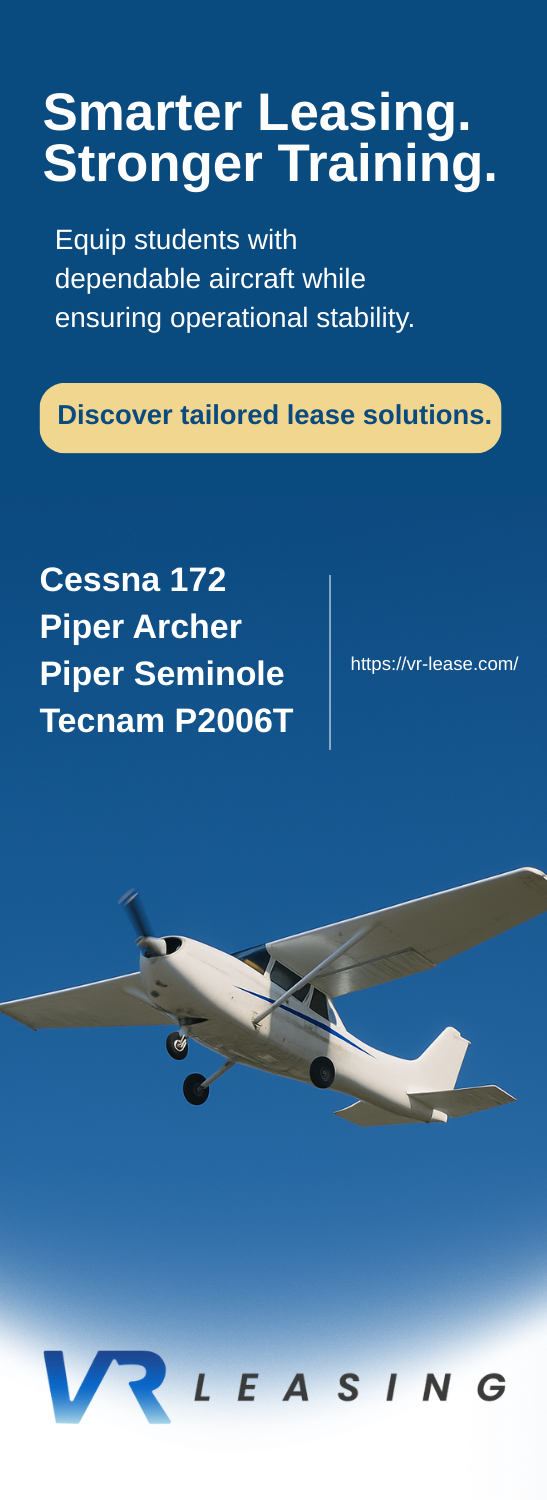US Pilots Association Commends Sen. Duckworth for Holding the Line on Aviation Safety, Preserving the Current Pilot Training and Qualification Rules
The Air Line Pilots Association, Int’l (ALPA) lauded Sen. Tammy Duckworth (D-IL) for holding the line on aviation safety during her remarks at The Aero Club of Washington D.C. where she said that she will not let the FAA reauthorization move forward if the 1,500 hour rule is under attack.
“ALPA is grateful for the tireless work of aviation safety advocates like Senator Duckworth to preserve the current pilot training and qualification rules,” said ALPA president Capt. Jason Ambrosi. “As the Senate considers the FAA reauthorization, we remind lawmakers that pilot production is up, the passenger fatality rate is down, and we are experiencing the safest period in airline history. In addition to ensuring stable, long-term funding for the FAA, there are numerous legislative proposals that would help advance our aviation system and the piloting profession without jeopardizing the lifesaving statutes already in law.”
ALPA is supporting nine legislative proposals, some within the current FAA reauthorization bill, that would meaningfully ensure a strong pilot supply, boost air service for small and rural communities, and maintain the safest aviation system in the world. These include:
- Adoption of the Flight Education Access Act (S. 1292/H.R. 2874) to provide federal financial aid for flight training. ALPA has long promoted changes to federal student loan programs to allow accredited flight-training programs to be eligible for federal aid. The Flight Education Access Act expands financial aid options to students’ flight training.
- Adoption of the Aviation Workforce Development Act (S. 1561/H.R. 1818) to allow 529 plans to be used for flight training. The Act expands education savings plans to be used to cover the costs associated with flight training.
- Expansion of the Aviation Workforce Development grants (FAA reauthorization H.R. 3935, Section 301). Workforce development grants support the education and recruitment of aviation workers, including future aviators.
- Adoption of the American Aviator Act (S. 748/H.R. 3128) to provide veterans with pilot-training opportunities. The Act establishes a grant program to help eligible entities that offer pilot-training activities and related education to support a pathway for veterans to become commercial aviators.
- Prioritizing, reforming, and funding essential air service for small communities. Congress should make air service to small communities a national priority by providing adequate funding to the Essential Air Service program and ensuring that the program provides appropriate financial incentives for air carrier participation.
“Current FAA data continues to make clear that the supply of highly trained airline pilots remains strong,” said Ambrosi. “Instead of reinventing a system that has created the safest skies in the world, or introducing new risks with an arbitrary increase in the mandatory retirement age, ALPA continues to urge policy makers and industry stakeholders to focus on breaking down barriers, opening up opportunities to ensure a robust and qualified pipeline of aviators, and providing substantial air-service support for those living in rural and underserved communities without lowering the bar on safety.”
See the full list of legislative proposals that ALPA supports.
Founded in 1931, ALPA is the largest airline pilot union in the world and represents more than 75,000 pilots at 43 U.S. and Canadian airlines.
Source: ALPA
You may also check our Terms and Conditions for our Content Policy.
Searching for specific information – kindly contact us to see if we can assist you.
Check out the more than 18379 relevant pilot training industry updates here.




